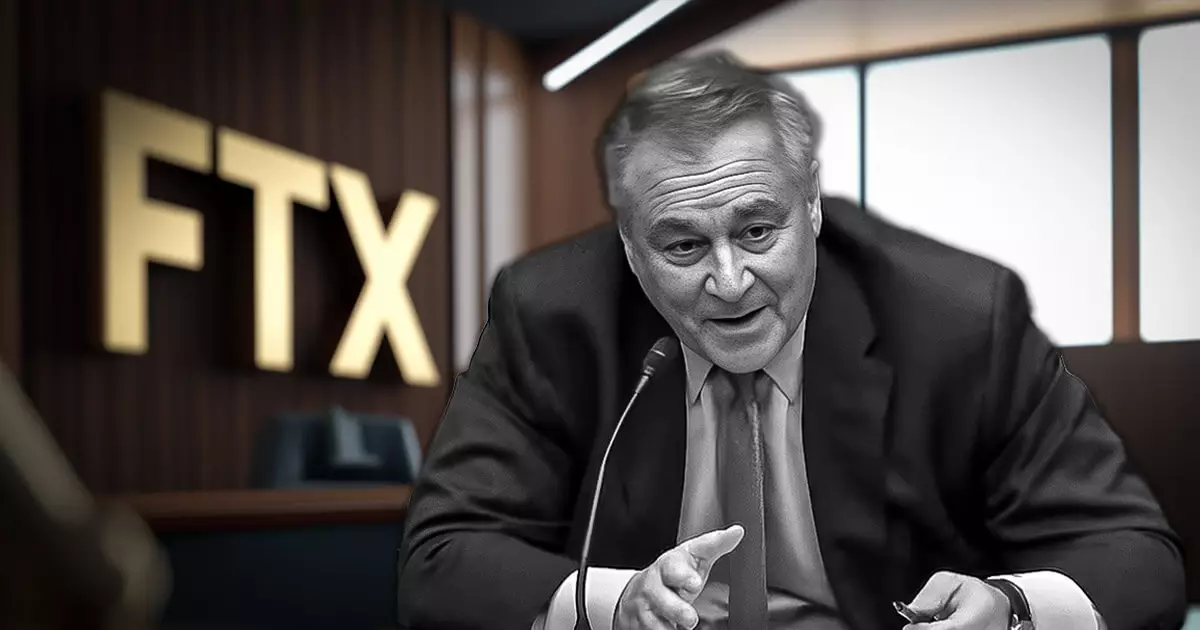In the tumultuous aftermath of FTX’s downfall, the role of insiders like Nishad Singh has become crucial in navigating the complex waters of asset recovery. As the exchange’s bankruptcy proceedings unfold, FTX CEO John J. Ray III recently advocated for Singh’s leniency, arguing that his cooperation is essential for maximizing recovery for creditors. This call for mercy raises profound questions about accountability, the intricacies of financial misconduct, and the moral dilemmas embedded in corporate governance.
Singh’s cooperative stance has been characterized as a lifeline for FTX in its quest to restore financial stability. His technical expertise and insider knowledge are not mere assets; they represent a roadmap through the financial chaos that enveloped FTX. Ray pointed out Singh’s pivotal contributions, including the recovery of funds misappropriated in the Bahamas and the provision of critical documents. These actions illustrate the depth of Singh’s involvement and the potential benefit of retaining him outside the prison system, allowing him to continue aiding in asset recovery.
Despite his cooperation, Singh’s past is clouded by serious allegations of financial misconduct and campaign finance violations. His plea of guilty places him at the forefront of a broader examination of ethical conduct within financial institutions. Critics may argue that leniency towards Singh could signal a troubling precedent: valuing cooperation over accountability. However, his attorneys have framed his actions as essential to elucidating FTX’s labyrinthine financial dealings, positing that a punitive approach could undermine the overall recovery effort.
Judge Lewis Kaplan now faces the complex task of weighing Singh’s cooperation against the backdrop of his admitted wrongdoings. With sentencing looming, the court’s decision will not only impact Singh’s future but could resonate throughout the landscape of corporate governance. If Singh receives a light sentence or becomes a key witness in the prosecution against other former executives, it may foster a culture of cooperation among corporate insiders facing similar dilemmas.
Under Ray’s leadership, FTX has embarked on a comprehensive strategy to recover assets while untangling the financial webs connecting it and its former trading partner, Alameda Research. Despite recovering various assets, including real estate and liquid funds, the urgency for continued cooperation from insiders like Singh remains apparent. His potential to facilitate further asset recovery underscores the delicate balance FTX must maintain: incentivizing cooperation while upholding the principles of justice.
In summation, Nishad Singh’s case embodies the intersecting paths of corporate ethics, legal accountability, and the pragmatism needed in financial restitution. The court’s decision will undoubtedly set a tone for similar future cases, highlighting the intricate dance between punishment and cooperation in the realm of corporate accountability.

